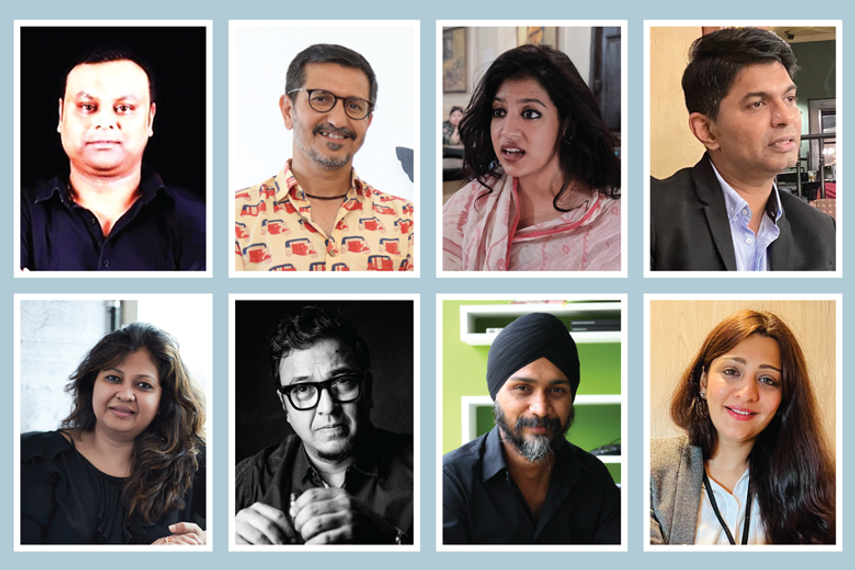
Please sign in or register
Existing users sign in here
Having trouble signing in?
Contact Customer Support at
[email protected]
or call+91 022 69047500
Campaign India catches up with agency heads who have previously worked with a network, to ask them about the change they saw in themselves after launching their ventures

Contact Customer Support at
[email protected]
or call+91 022 69047500
Top news, insights and analysis every weekday
Sign up for Campaign Bulletins
Snehasis Bose takes on the role of group chief strategy officer for BBH India.
With #ChangeTheSoch and ‘Date A Mutual Fund,’ the brand bets on social shifts and Gen Z’s investment mindset—will it pay off?
Matt Lever left his role as chief creative officer at BMB at the end of 2023.
India could produce up to 25% of iPhones this year as Apple shifts production to counter escalating tariffs.